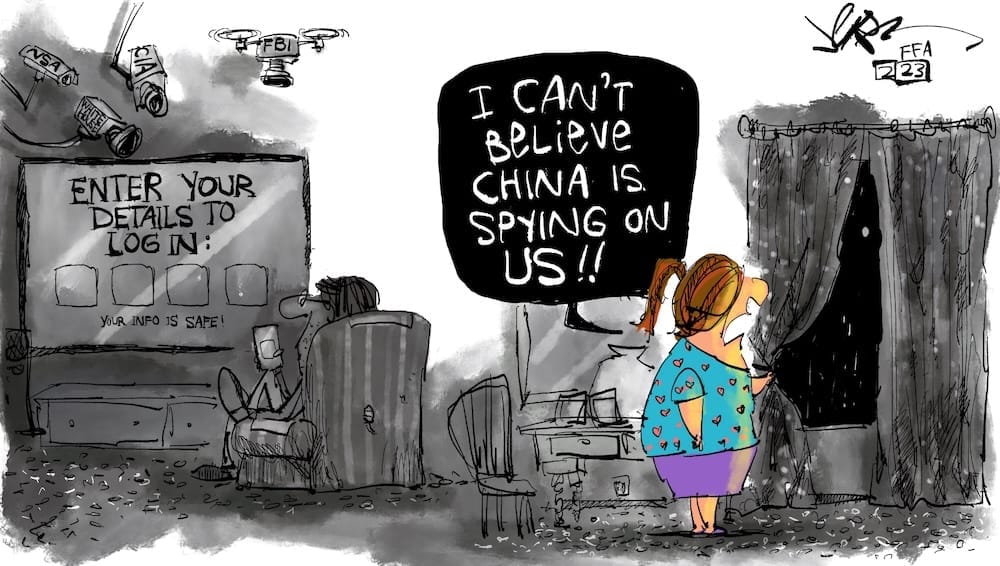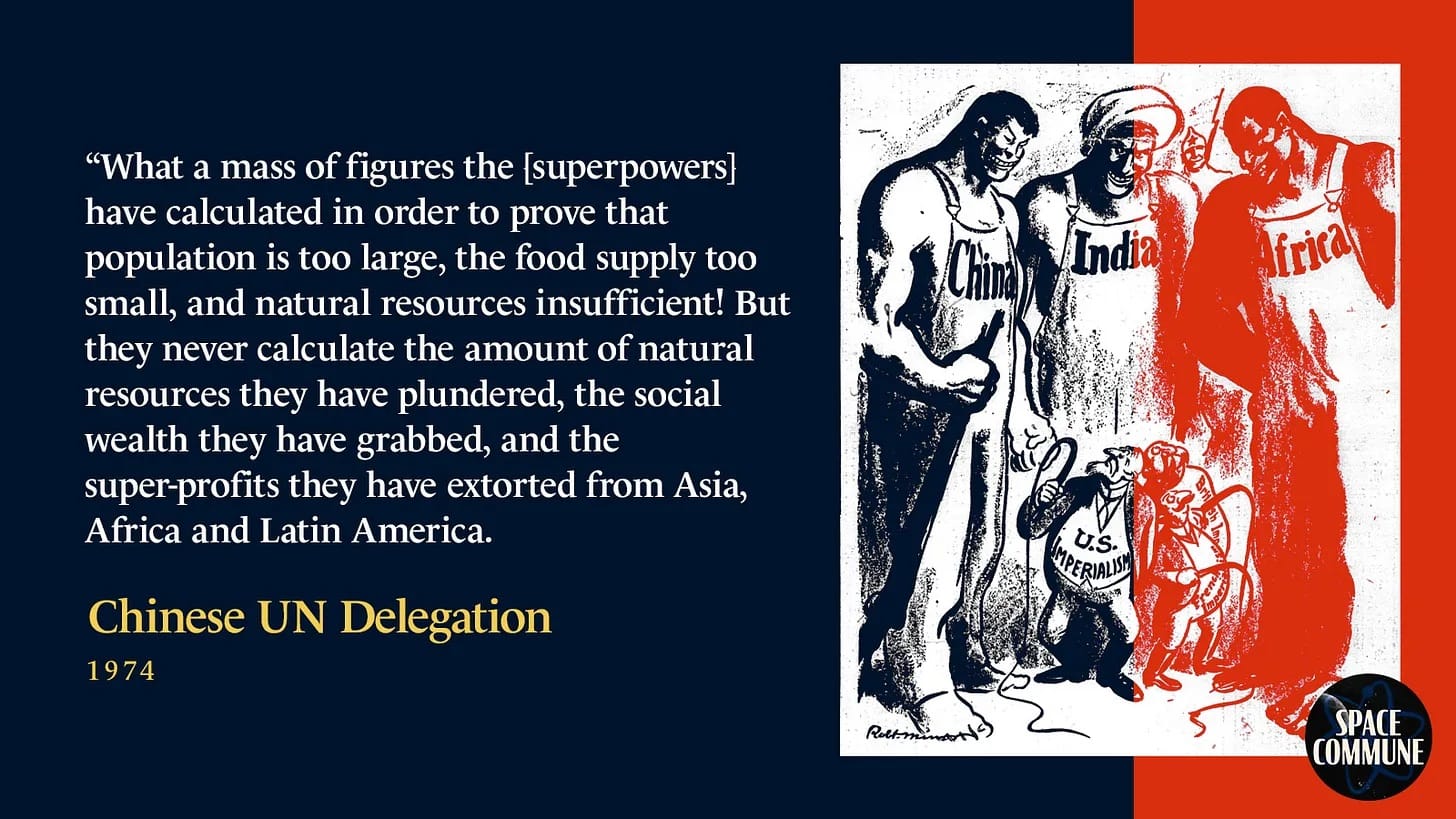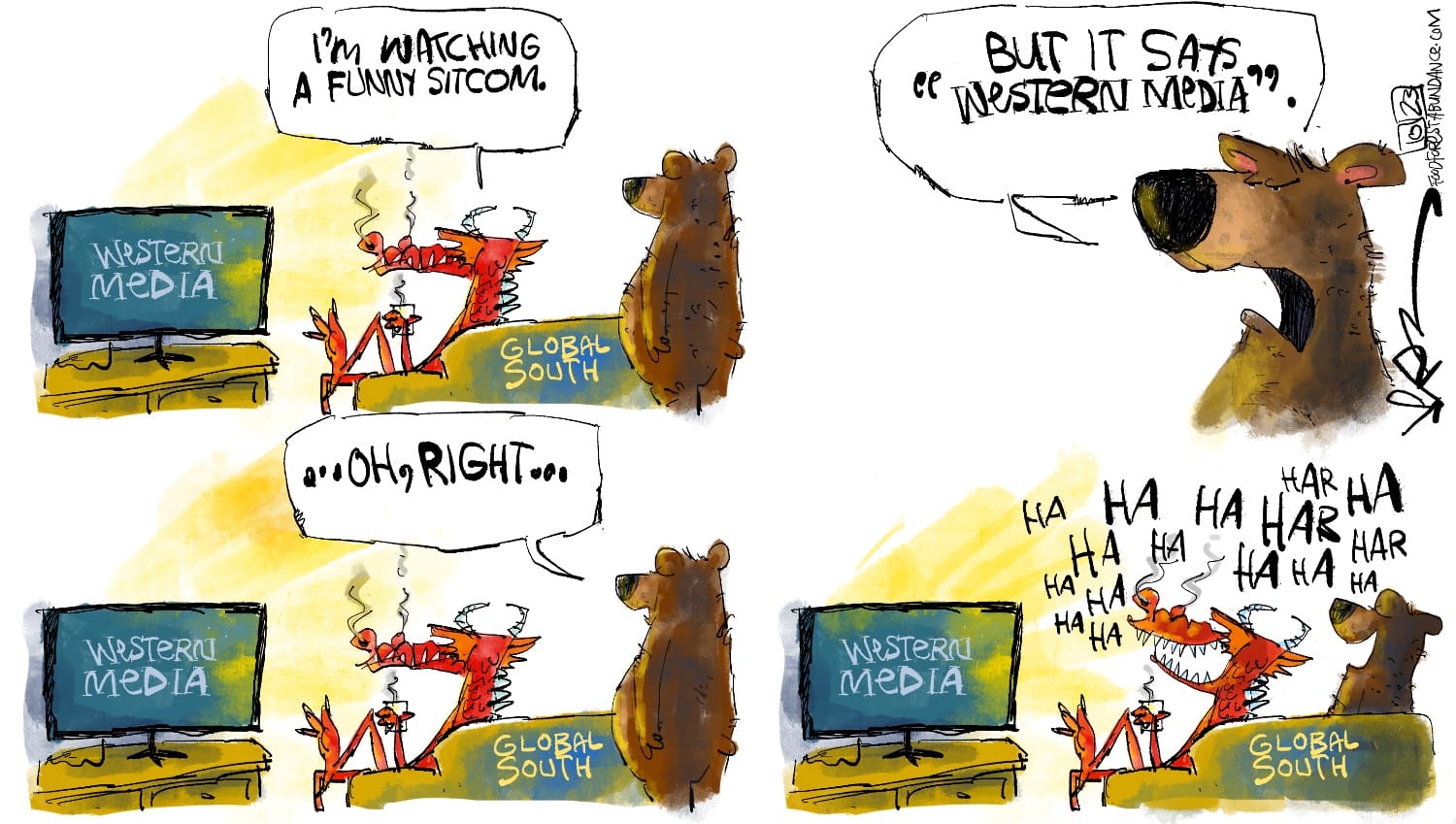When it comes to China, myths are like Pokémon: people collect them all!
For example:
- There was a Tiananmen Square massacre
- There is a Uyghur genocide
- China harvests organs
- China is a communist country
- China has a social credit score
- Chinese people are oppressed
The list of myths is endless.
Well, they're not entirely myths. But, as is often the case, the truth is more nuanced.

Why do these myths persist?
My guess is: indoctrination and propaganda.

The one-child policy
The one-child policy gets a bad rap—it was flexible, with exceptions for rural families and minorities, not the brutal monolith people imagine.
— Mei Fong, journalist and Pulitzer Prize winner
Another myth is China’s one-child policy, although, to be fair, it’s not entirely a myth.
However, it’s not entirely what we’ve been told, either.
It’s a lot more nuanced.
More grey, and less black and white.
Basically, yes, there was a one-child policy, but, no, it wasn’t because the Chinese government hated its people and wanted to kill babies and control the population growth.
The official story

The mainstream narrative is that it started in 1979 to control the country’s fast-growing population, limiting most families to having only one child, with fines or punishments for those who broke the rule.
We are told that it helped slow population growth via all sorts of human rights violations, like forced abortions and sterilisations.
We are also told that it led to a substantial gender imbalance, resulting in more men than women.
The policy ended in 2015.
'Humans are a virus on the planet'
🔥 The true story
The official story is a mixture of truth and fiction.

The more accurate story is that Western interests, like Henry Kissinger, the Rockefeller Foundation, and the Club of Rome, invaded China with Malthusian ideology and threw all sorts of threats at the Chinese government if it didn’t slow down its population growth.
Why?
Well, because the US government saw that the Chinese economy was beginning to blossom and, with a massive population, feared it would become the world’s most powerful country within a few decades.
Worse. UN/EU bribed PRC to fabricate population data in order to push the "one child policy", plus to scare the Western plebs into today's "Carbon neutral" nonsense.
— David_BB (@DAVID__BB) March 28, 2025
Shanghai's increase (9.85%) might be the only truth of the 1982 census.
Source: https://t.co/GzoxWZO1ES pic.twitter.com/OJRtIDsYbw
In other words, back in the ’70s, China’s economy was fragile and beholden to Western economies like America, and couldn’t afford trade and other economic restrictions.
In the ’70s, China’s economy was a frail shell—cut off from the West, it couldn’t survive sanctions or isolation, so Mao’s death opened the door to Nixon.
— Ezra Vogel, historian
Back in the ’70s, China was broke and brittle—America held the economic reins, and Beijing knew it couldn’t afford a trade wall.
— Milton Friedman, economist and Nobel laureate
China’s economy in the 1970s was too fragile to flex—Western economies like the US were its lifeline, and Deng saw that restrictions would’ve sunk it.
— Kishore Mahbubani, Singaporean diplomat
🎙️ Podcast episode
Alex Dimitrios is an independent writer and researcher with a very informative Substack called Space Commune.
He has written a series of articles on China's one-child policy, on which this podcast episode is based.







